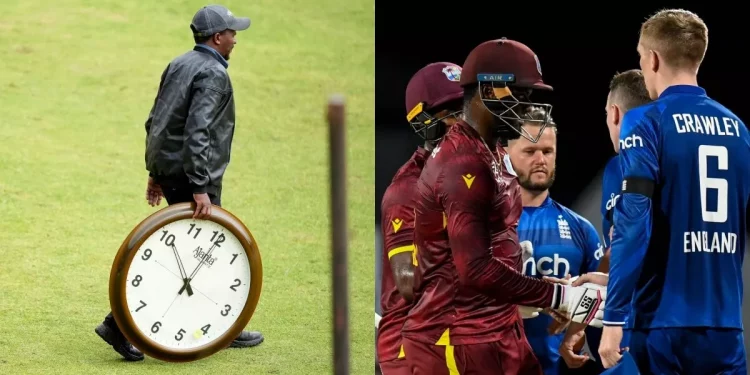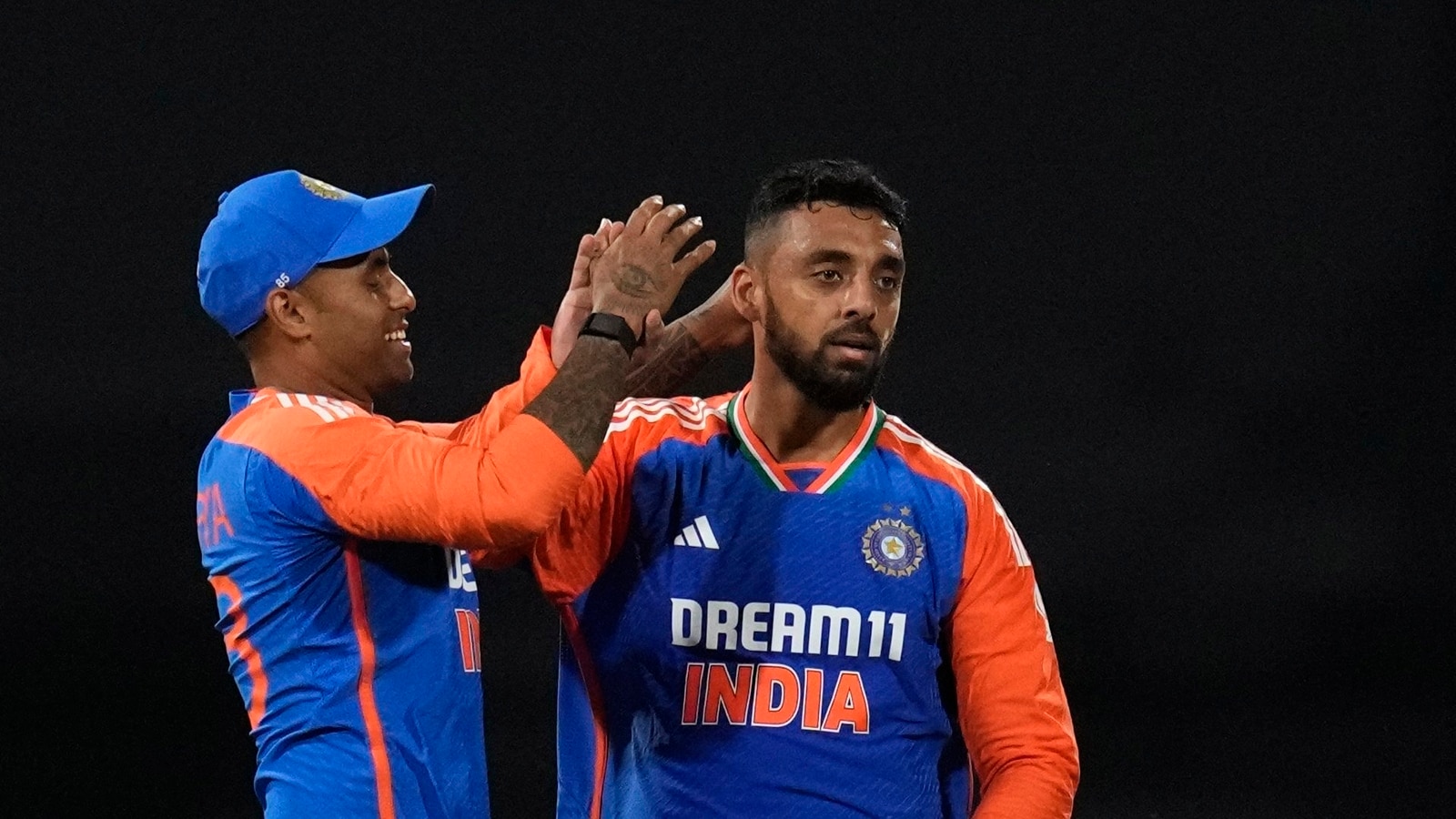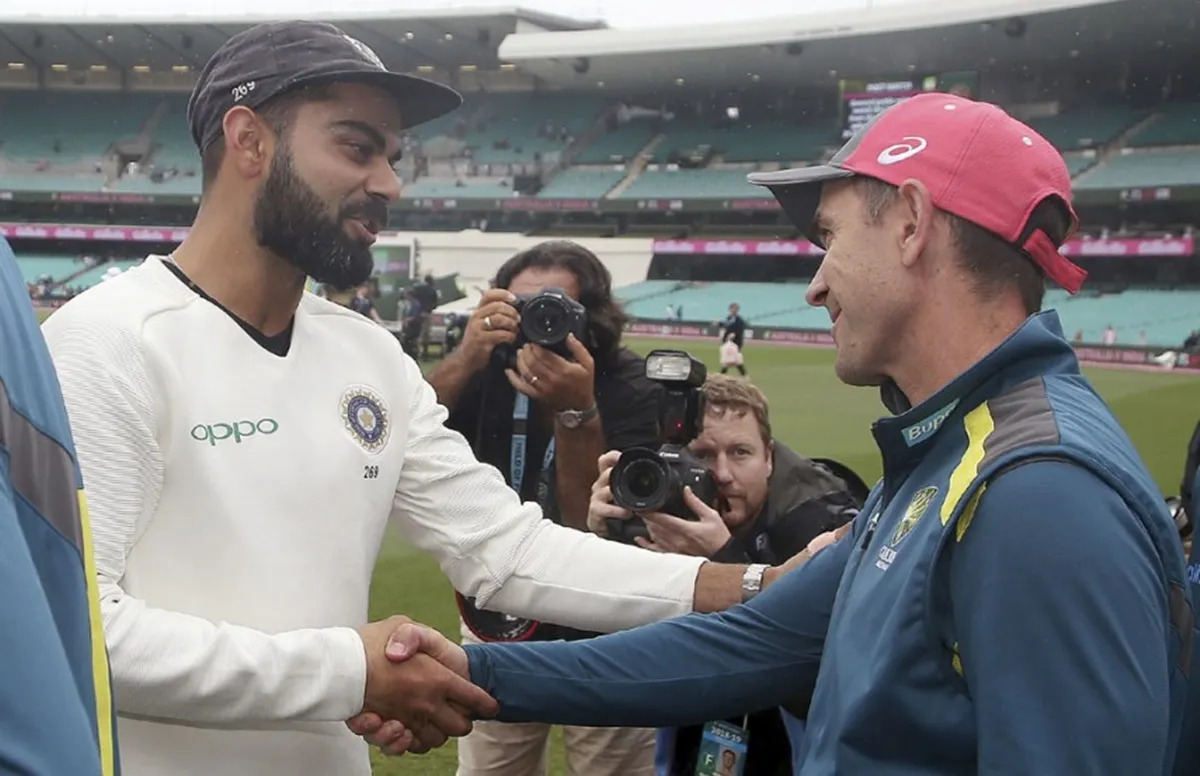To address the issue of sluggish overrates in international matches, the International Cricket Council (ICC) implemented a new “stop clock” regulation on Monday, December 11. An electronic clock will be utilized in the new men’s playing conditions to track how long it takes the bowling side to begin a new over and to help penalize teams that waste time.
The digital clock will be utilized in 59 games during its testing period, which runs from December 2023 to April 2024. The inaugural Twenty20 International between England and the West Indies took place on Tuesday, December 12, marking the implementation of the regulation. During the match, a stop watch was utilized to track the intervals between overs.
“Under clause 41.9 of the revised Men’s ODI and T20I playing conditions, which deals with provisions against time wasting by the fielding side, the clock has been added under sub-clause 41.9.4,” the International Cricket Council (ICC) stated in a statement.
According to the clock rule, the bowling side has sixty seconds to begin a new over, and everyone can see the countdown on the large screen. The fielding side will receive two warnings if they do not begin the following over within the allotted time and will have to start one anyhow.
Teams will get a five-run penalty following two alerts.
Nonetheless, there will be a five-run penalty if the rules are broken a third time. Following the conclusion of any review on the final ball or the last ball of the preceding over being declared dead, the third umpire begins the clock.
The umpires will determine whether the rule against batters wasting time applies if the fielding team is prepared to bowl the following over within the allotted time but the batting team is not.
The regulation does have certain exceptions, though, and under certain circumstances—such as when a new hitter enters the game in between innings, when a drinks break has been taken, when a player is treated on the field by the umpire, and when the fielding side acts erratically—the clock may be halted.




 Win Projections to be updated soon
Win Projections to be updated soon

























